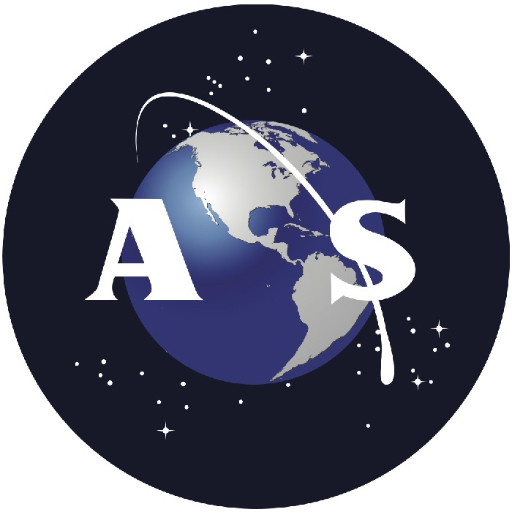Just released by the U.S. Senate Committee on Commerce, Science, & Transportation:
Commerce Committee Approves NASA Bill – Chairman Rockefeller Says Bipartisan Bill is Innovative and Forward-Looking
Jena Longo – Democratic Deputy Communications Director (202) 224-8374
Jul 15 2010
– Senator John D. (Jay) Rockefeller IV, Chairman of the U.S. Senate Committee on Commerce, Science, and Transportation, issued the following statement today after the committee approved the NASA Authorization Act of 2010.
The bipartisan legislation reauthorizes America’s space programs, and provides a roadmap for keeping NASA’s mission and goals wed to national priorities in a smart, fiscally responsible way.
Chairman Rockefeller’s statement follows:
“NASA is an agency in transition. We’ve had to take a clear, hard look at what we want from our space agency in the years and decades to come. I’ve made my views on this matter very clear: NASA’s role cannot stay static. It must innovate and move in a new direction,” Chairman Rockefeller said.
“For many months, I’ve been working with my colleagues on the Commerce Committee to come up with an innovative and forward-looking plan – a plan to refocus and reinvigorate the agency in a smart, fiscally responsible way. I’m pleased the Committee moved that plan forward today.”
Key Elements of the NASA Authorization Act of 2010:
- Authorization of Appropriations – Largely in-line with the President’s fiscal year 2011 budget request to Congress; the bill would authorize fiscal year 2011 to fiscal year 2013 appropriations for NASA.
Science and Aeronautics – The bill protects a balanced portfolio for NASA, including full funding of aeronautics, Earth and space science, and education, as proposed by the President.
Space Technology – Investments in technology and robotic capabilities are tied to mission-driven goals and support U.S. innovation and competitiveness.
Education – The bill supports new education initiatives such as teacher training programs; and increases the investment in the NASA EPSCoR (Experimental Program to Stimulate Competitive Research) and NASA Space Grant program.
Human Space Flight – The bill couples efforts to national and global needs and challenges; provides a sustainable exploration program with new technologies and in-space capabilities; and future exploration builds off of the workforce, assets, and capabilities of the Space Shuttle and other efforts.
Shuttle Retirement and final “Launch on Need” Mission – The bill authorizes one last Shuttle flight, based on an independent safety review, to provide necessary support for the extension of the International Space Station.
International Space Station – The bill extends the Station to at least 2020, which is important for international and commercial collaboration and growth, research, and technology development; and maximizes the scientific return on the significant investment in the Station.
Commercial Cargo and Crew – If the industry develops as envisioned, this should provide cheaper access to the International Space Station and relieve the U.S. reliance on Russian partners for access to the Station after the Shuttle retires; a strong focus on milestones will reduce risk and assure astronaut safety.




